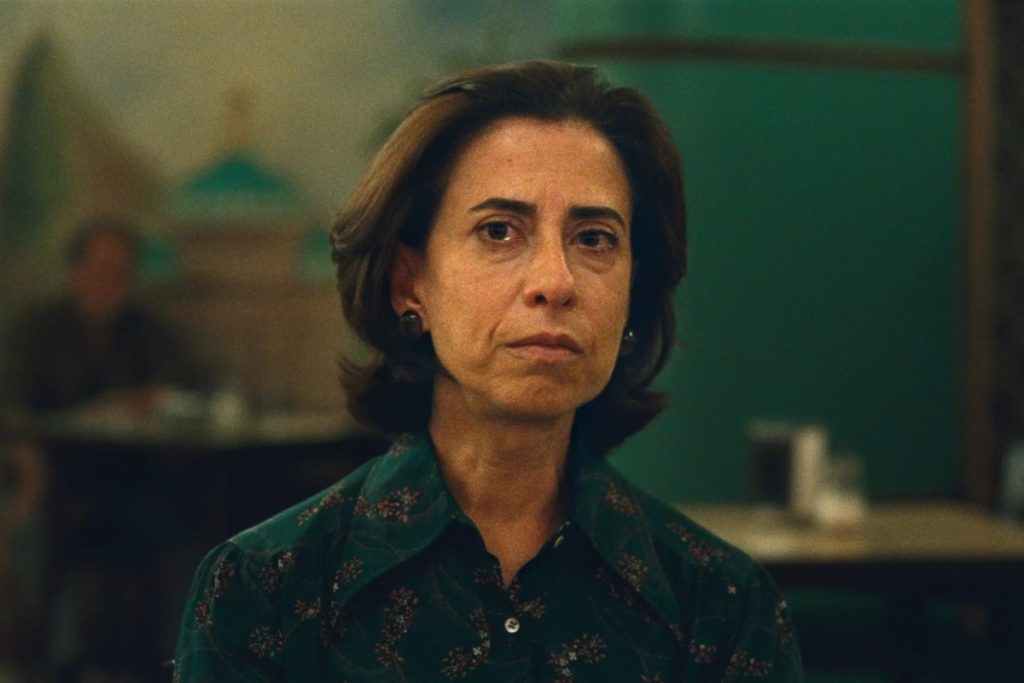As soon as Ainda Estou Aqui (I’m Still Here ) premiered at the Venice Film Festival, one of the main thermometers of the Oscar season, the internet in Brazil began to make its presence felt, whether it was by sharing images of the film being applauded for 10 minutes at the festival, or with the devastating trailer, we already had a contender for the awards lists that would be coming up at the beginning of January the following year.
I confess that one of my first worries was whether the rest of the world would be as moved as the Brazilian public because they already knew the plot and all the tragedy surrounding the Paiva family, until I realised that grief is a universal feeling and that the story was really impactful.
I’m Still Here is a powerful recreation of the experience of Eunice Paiva, the wife of Rubens Paiva, a former federal deputy who disappeared during Brazil’s military dictatorship in 1971. She is forced to reinvent herself and chart a new destiny for herself and her children after her family’s life is impacted by this violent and arbitrary act. Directed by Walter Salles (Central Station, Motorcycle Diaries) and starring Fernanda Torres and Selton Mello, the film is based on the book of the same name by Marcelo Rubens Paiva, son of Eunice and Rubens Paiva.


With abysmal subtlety Walter manages to tell an extremely violent story without showing a shred of violence other than the psychological violence that surrounds the whole situation. The way he manages to show Eunice’s silent despair is terrifying, the film’s narrative and atmosphere is agonising and it’s impossible not to feel tense for most of the film’s running time. Fernanda Torres is an absolute highlight with a gigantic performance, she manages to convey the struggle of a woman with extreme resilience who turns all her pain into a fight, her Oscar nomination for Best Actress and her Golden Globe award for Best Actress are more than deserved.
The film also emphasises the struggle for memory and justice, since the impunity of the torturers and murderers of Rubens Paiva and so many other Brazilians remains, feeding a legacy of violence that is still visible in today’s politics.
The cinema is and always has been a great gateway for dealing with delicate, thorny issues and has a duty to be a fundamental mediator in this case to remind us of something that should never be forgotten, the repressive power over an ordinary middle-class family and how this leaves a brutal mark on people’s lives until the last heartbeat



